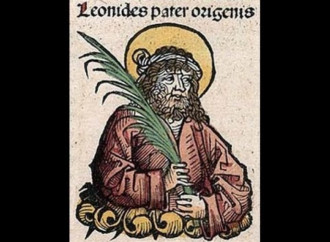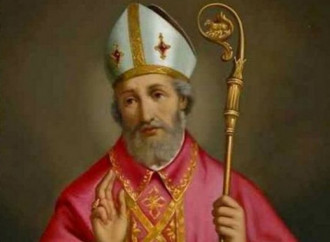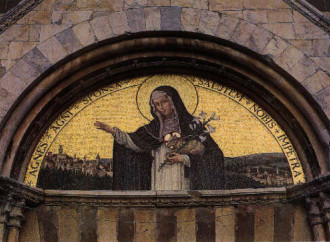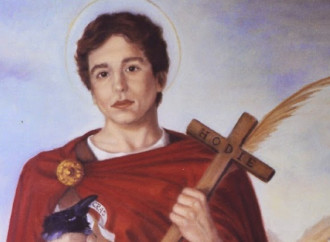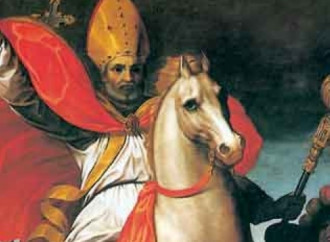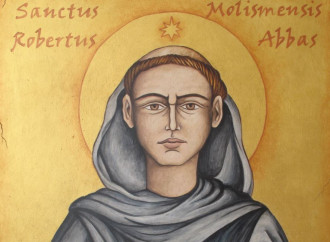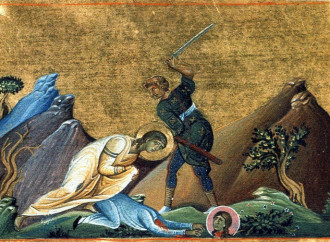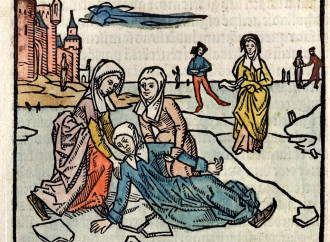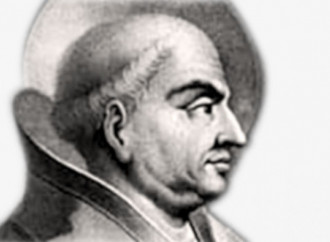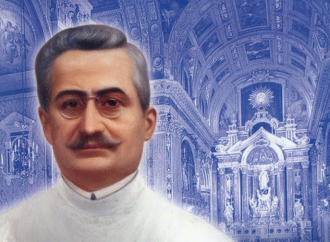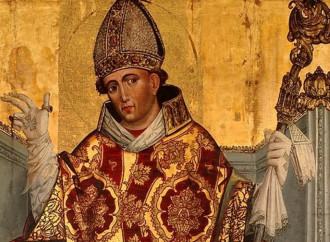Saint Leonidas of Alexandria
His martyrdom took place during the persecutions ordered by Septimius Severus.
Saint Anselm of Aosta
Considered by some to be the founder of Scholasticism, he devised a famous argument on the existence of God, which has engaged generations of philosophers and theologians.
Saint Agnes of Montepulciano
In 1374 Our Lord revealed to Saint Catherine of Siena that in Paradise she would enjoy a glory equal to that of Saint Agnes of Montepulciano (c. 1268-1317). This fact is indicative of the greatness of this relatively little known mystic.
Saint Expeditus
His iconography has rendered the various hagiographic accounts with very suggestive symbols.
Saint Galdino
Among the holy bishops of Milan, he occupies a prominent place next to two giants, Saint Ambrose and Saint Charles Borromeo.
Saint Robert of Molesme
The principal founder of the Cistercian Order, Saint Robert of Molesme (c. 1029-1111), promoted the return to a simple and austere monastic life, docilely abandoning himself to the action of grace.
Saint Bernadette
In an age of advancing atheism, Bernadette's limpid faith was proof that God uses the littlest ones to carry out His greatest designs
Saints Basilissa and Anastasia
They were disciples of Peter and Paul at the time of emperor Nero. After the martyrdom of the two holy apostles they piously took care of the burial of their bodies.
Saint Lidwina
She was a Dutch mystic who offered all her sufferings to Christ for the salvation of souls and had visions of Hell, Purgatory and Paradise.
Saint Martin I
He showed his mettle when he was elected pope in July 649, because he did not wait for the consent of the Byzantine emperor Constant II, going against the practice that had been established from Justinian onwards, and which lasted more than two centuries (537-752)
Saint Joseph Moscati
“My place is by the side of the sick”, was the mantra of the medical luminary Saint Giuseppe Moscati (1880-1927), a model for every doctor and every man.
Saint Stanislaus
The main patron saint of Poland was dear to John Paul II...
